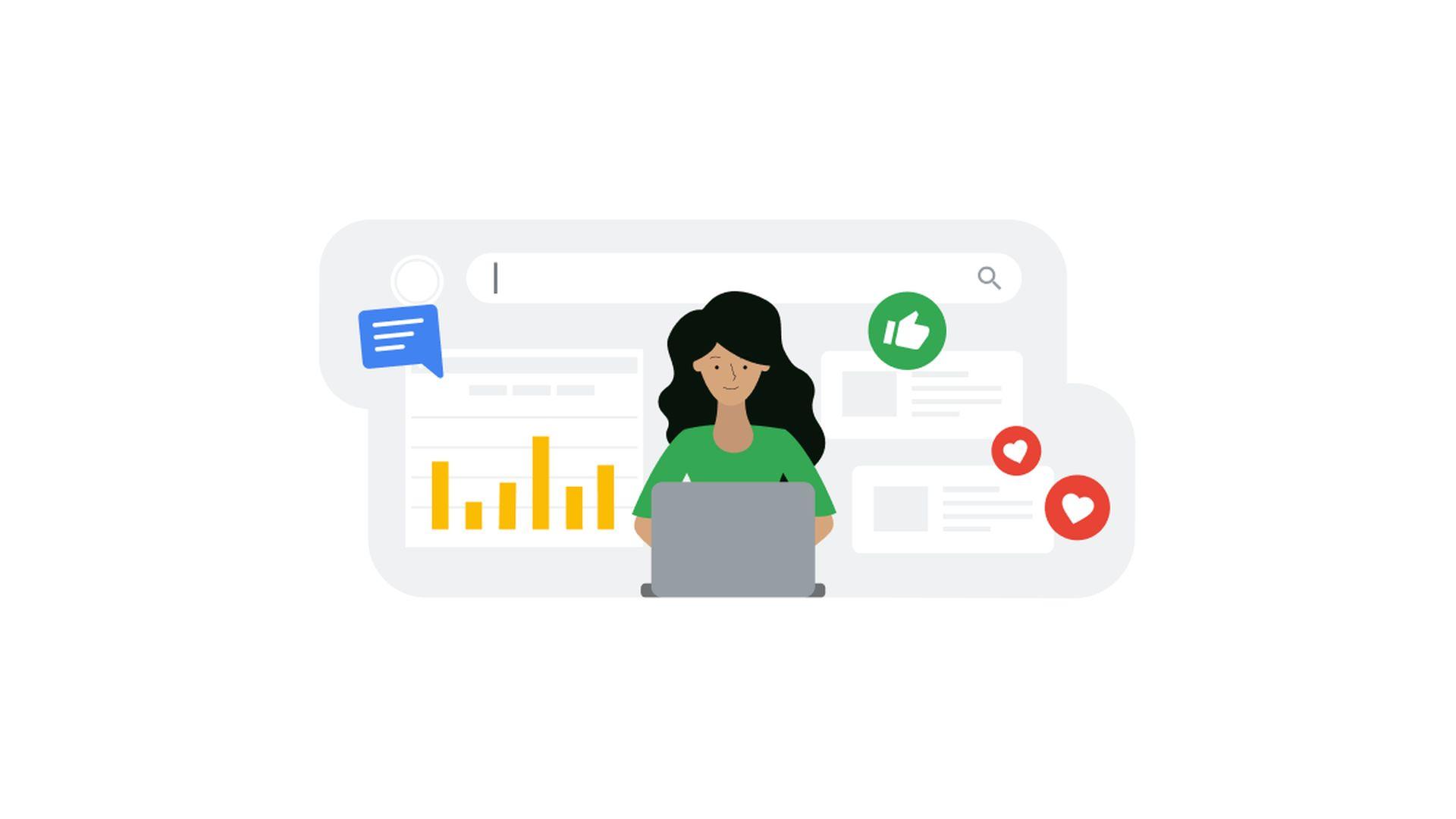Artificial intelligence (AI) has been steadily making its way into our daily lives. From facial recognition in smartphones to chatbots providing customer service, AI is transforming how we interact with technology. This influence extends beyond personal devices and into the professional sphere. Businesses across industries are recognizing the potential of AI at work to streamline processes, improve decision-making, and enhance productivity.
However, implementing AI effectively requires not just the technology itself, but also a workforce equipped to understand and leverage its capabilities.
Recognizing this need, Google has launched the AI Essentials course, designed to equip working professionals with the foundational knowledge to integrate AI into their workflows.
What does Google GenAI course have to offer?
The AI Essentials course, or Google GenAI course to be more direct, is a self-paced online program offered through Grow with Google and Coursera, starting on April 30th. Google said it will also make the course available through nonprofits, schools, and companies.
The Google GenAI course is designed for individuals with no prior AI experience, making it accessible to a broad range of professionals. The curriculum spans approximately 10 hours and combines:
- Video lectures
- Interactive exercises
- Readings
to provide a comprehensive learning experience. Upon successful completion, participants earn a certificate from Google, which can be a valuable addition to their professional profiles.
The Google GenAI course delves into the core concepts of AI, including machine learning, a subfield of AI that enables machines to learn from data without explicit programming. Participants gain insights into how AI models are built, trained, and deployed for various applications. The curriculum also explores the ethical considerations surrounding AI, ensuring responsible implementation in the workplace.
Understanding AI through practical applications
The AI Essentials course goes beyond theoretical knowledge by focusing on practical applications of AI in the workplace. The program showcases real-world examples of how AI is being utilized across different industries. Participants explore how AI can be used for tasks such as:
- Data analysis: AI tools can analyze large datasets to identify patterns and trends that might be missed by humans. This can be invaluable for businesses seeking to gain deeper insights from their customer data or operational performance metrics.
- Content creation: AI-powered tools can assist with content creation tasks such as generating ideas, writing drafts, and even translating languages. This can help marketing teams or content creators develop content more efficiently.
- Customer service: Chatbots powered by AI can provide 24/7 customer support, answer frequently asked questions, and even resolve simple customer issues. This frees up human customer service representatives to handle more complex inquiries.
These are just a few examples, and the potential applications of AI in the workplace continue to evolve. The AI Essentials course equips professionals with the knowledge to identify opportunities for AI integration within their own roles and organizations.

Learning from the leaders
Google is a recognized leader in artificial intelligence, having made significant contributions to AI research and development, like Gemini chatbot, SIMA, and LLM training techniques. The company’s expertise in AI underpins the Google GenAI course, ensuring participants receive high-quality instruction based on industry best practices.
The Google GenAI course curriculum is developed and delivered by Google AI experts, providing participants with insights directly from the forefront of AI innovation. This ensures that the course content reflects the latest advancements and practical applications of AI technology.
With the AI Essentials course, Google is democratizing access to AI knowledge, empowering professionals to navigate the evolving technological landscape. The course equips participants with the foundational skills to not only understand AI but also leverage its potential to enhance workplace performance and contribute to organizational success.
Featured image credit: Google






